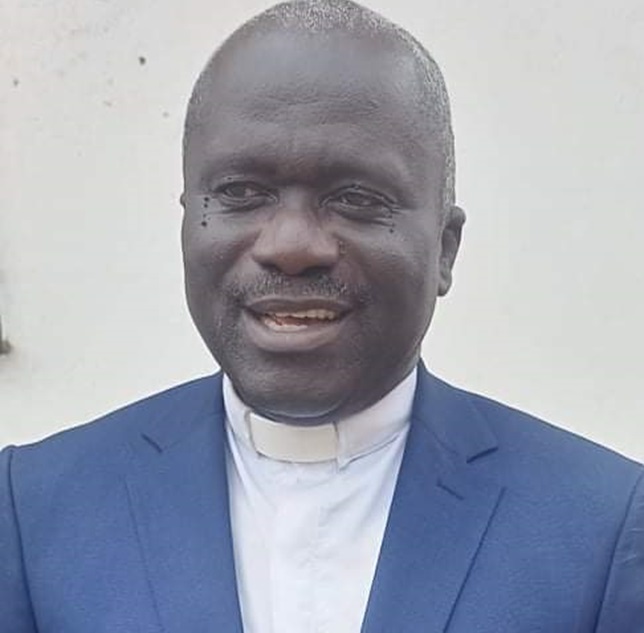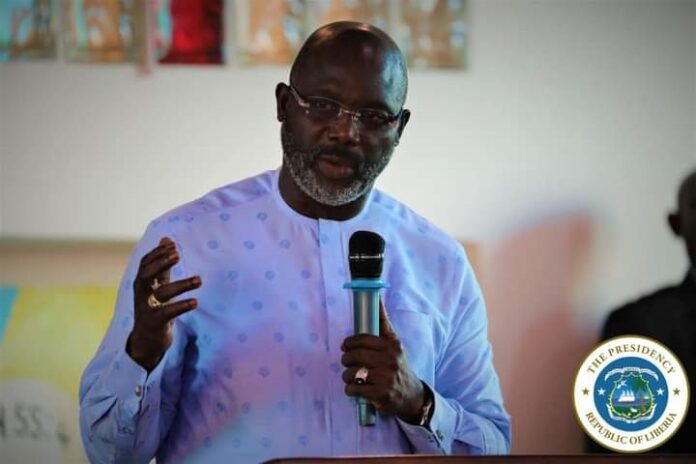LIBERIA – The former President of the Liberia Council of Churches (LCC) has frowned on the government and Western Cluster management for poor information sharing on the Western Cluster company Mineral Development Agreement (MDA), which he considered as limited.
In an exclusive interview with Smart News Liberia today, Bishop Dr. Kortu K. Brown said not much is known publicly about the MDA and its expectations, adding that the people who are behind it are basking in the fact that the company is operating and has employed some people.
The senior pastor of the New Water in the Desert Apostolic Pentecostal Church in Breweville stressed that community relation is poor, especially for a company with bad publicity transitioning from Elinito to Western Cluster.
“There’s a need that the company focuses on community and public relations in order to avoid it becoming a casualty of poor publicity and ineptitude,” Clergyman noted.
During the interview, Bishop Brown highlighted two key points that the government of Liberia should have followed which, according to him, would have involved citizens’ participation.
He named citizens’ participation and infrastructural investment.
Adding that almost 45 years ago, Liberian Mining Company (LMC) folded from Bomi Hills after 30 years of operations, 1947-1977. He said one of the principal allegations against the erstwhile Liberian Mining Company (LMC) was that it didn’t incorporate citizens of the area in top managerial positions.
“I was in Tubmanburg when LMC closed in 1977,” he said.
He further disclosed that the company had a good paid-off program for its workers who were majority ordinary workers with salaries unequal to their counterparts from other areas. He said Bomi citizens and by extension, the people of Western Liberia including Grand Cape Mount and Gbarpolu Counties fear similar reception again.
“If their resources don’t improve their lives now and develop their communities then when will that happen.”
“European mineral resources are developing Europe. Asia mineral resources are developing in Asia. American mineral resources are developing America.”
When will it happen in Africa?
When will the companies exploiting the resources of local communities act in the strategic interests of those communities to ensure that those communities are economically viable and livable when the investment is folded?
The tough-talking clergyman said in the absence of a robust Technical training program during LMC’s 30-year operations contributed to poor participation of citizens at top levels in the operations of the company.
“The establishment later of Bomi Community College, Start Technical College in Sinje, amongst others, were meant to fill the deficits in the manpower needs of Western Liberia.”
As for infrastructural investment, he narrated that the erstwhile LMC didn’t pave the motor road in its 30-year operations, adding that they left a railroad that was looted and pillaged a few years after the closure of the company – since then, according to him, there isn’t much to show for LMC extraction of $592 million worth of ore in 30 years except for the facilities of Bomi Government Hospital which has considerably declined in the provision of adequate medical services due to limited funding and resourcing.
“What’s the tangible infrastructural development Western Liberia will benefit from when the company phases out? Iron ore is an exhaustible resource. That means the resources will not last forever.
Why can some of those resources be computed to help provide future investment and/or alternative economic opportunities for people and communities of the region?”
He said that’s why the proposal for the reinstatement of the railroad cannot be easily dismissed. Aside from the health risks of running approximately 50-75 trucks daily in populated areas to truck ore to Freeport, the future of economic life in the region needs to be considered when the investment phases out and the mineral resources are gone.
“A railroad could be of commercial benefit to the people and region, including the fact that it will create complementary employment and travel opportunities,” the LCC former president concluded.







